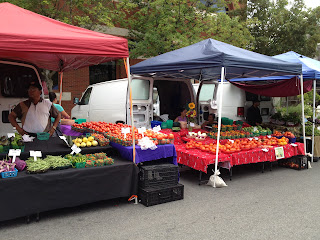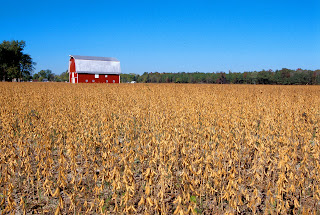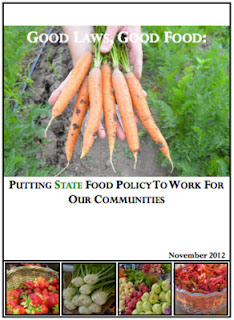Home Free: Legalizing Home-Produced Foods

This commentary is offered by guest blogger, Nicole Civita, an attorney candidate in the LL.M. Program in Agricultural & Food Law at the University of Arkansas School of Law. Nicole's bio appears at the conclusion of the post. Just as the local and slow food movements picked up speed, the American economy slowed to a crawl. The downturn forced all kinds of people to rediscover thrift and identify alternative income streams. The new focus on traditional food-ways provided many folks with a way to feed their families, their bank accounts and their creativity. As Americans got the hang of growing food in their backyards and learned ways to use and preserve their bounty, many began to process and market the excess. Droves of green-thumbed gardeners, happy home-bakers, kitschy canners, and off-beat fermenters began selling their wares at farmers' markets, to independent restaurants, and via online outlets like Fooducopia . While many of these part-time ...

